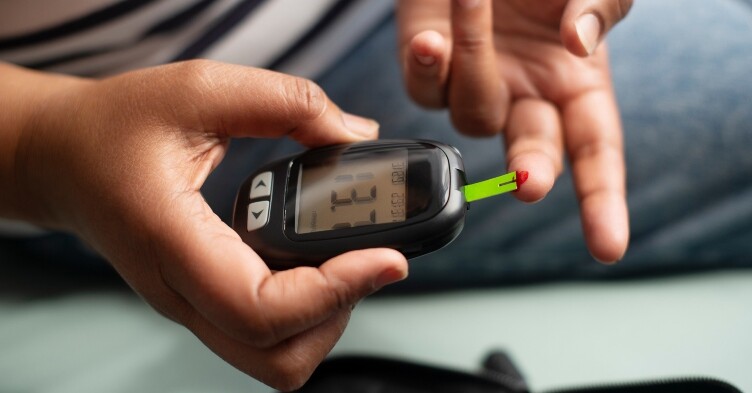‘World-first’ gonorrhoea vaccine programme to launch in England

A ‘world-first’ gonorrhoea vaccination programme is to be launched in England this summer, it has been announced.
The vaccine will start being offered to eligible patients through local authority-commissioned sexual health services from ‘early August’, NHS England has said.
Those eligible for the gonorrhoea vaccination programme – which is understood to be the first-of-its-kind in the world – includes gay and bisexual men who have a recent history of multiple sexual partners or a sexually transmitted infection (STI).
Local providers are set to identify and contact those eligible through sexual health services, with vaccinations starting from early August.
NHS England said it hopes ‘thousands’ of gonorrhoea cases could be prevented over the next decade because of the scheme.
Related Article: Digital delivery of negative cervical screening results from September
The programme comes after the government accepted the Joint Committee on Vaccination and Immunisation’s (JCVI) advice for an NHS roll out of the vaccine following record high gonorrhoea diagnoses in England in 2023 – triple what they were in 2012.
The jab set to be used is an existing vaccine for meningococcal B disease, 4CMenB and, according to government research, could protect those who receive it by up to 40%.
It will also help tackle increasing levels of antibiotic-resistant strains of the disease, said the UK Health Security Agency, which is supporting NHS England with the rollout.
If high uptake is achieved and an ongoing programme is confirmed, analysis led by Imperial College London has suggested the vaccine known as 4CMenB ‘could avert up to 100,000 cases of gonorrhoea and save the NHS over £7.9mn over the next decade’.
NHS England’s national director for primary care and community services Dr Amanda Doyle, said: ‘The launch of a world-first routine vaccination for gonorrhoea is a huge step forward for sexual health and will be crucial in protecting individuals, helping to prevent the spread of infection and reduce the rising rates of antibiotic-resistant strains of the bacteria.’
She added that NHS teams across the country were ‘now working hard to plan the rollout and ensure we hit the ground running’.
Minister for public health and prevention Ashley Dalton, said: ‘This world-first vaccine programme represents a significant breakthrough for public health, and once again our NHS is leading the way.
‘It could not come at a more critical time – after years of neglect of public health services, we inherited gonorrhoea diagnoses at record levels, triple what they were in 2012.
Related Article: ‘Living guideline’ advises on prescribing in type 2 diabetes
‘By targeting those most at risk, we can reduce transmission rates from this unpleasant disease that is becoming harder to treat and prevent thousands of cases over the next few years.’
Cllr David Fothergill, chairman of the LGA’s Community Wellbeing Board, said it was ‘vital’ that sexual health services were appropriately funded to support the vaccine rollout.
‘Sexual health clinics are on the front line of the STI outbreaks. It is vital that we have a strong and well-funded health protection system to support the vaccine rollout,’ he said.
At the beginning of the year, mpox vaccinations became available in every region for those at increased risk of getting the infection.
Mpox, Hepatitis A & B and HPV vaccinations will also be offered to eligible patients when attending their appointment for the gonorrhoea vaccine.
Professor Matt Phillips, president of the British Association for Sexual Health and HIV (BASHH), said: ‘This is excellent news and a landmark moment for sexual health in England.
Related Article: Rise in mosquito-borne chikungunya infection in returning travellers
‘A new gonorrhoea vaccination programme – alongside continued rollout of mpox vaccination – forms a vital part of our efforts to address the significant inequalities we are seeing in sexual health outcomes.
‘Gonorrhoea diagnoses are at their highest since records began and this has the potential to help us to turn that around.’
Earlier this month a report from the Women and Equalities Committee (WEC) urged the government to reverse the ‘substantial and damaging’ decline in school nurse numbers to help better protect the sexual health of young people.

See how our symptom tool can help you make better sense of patient presentations
Click here to search a symptom





![Menopause: identification and management [NG23]](https://s3-eu-west-2.amazonaws.com/images.nursinginpractice.com/wp-media-folder-nursing-in-practice/wp-content/uploads/2025/03/PULSE-NIP-UPLOAD-BAYER-NICE-MENOPAUSE-A5-HANDBOOK.jpg)
